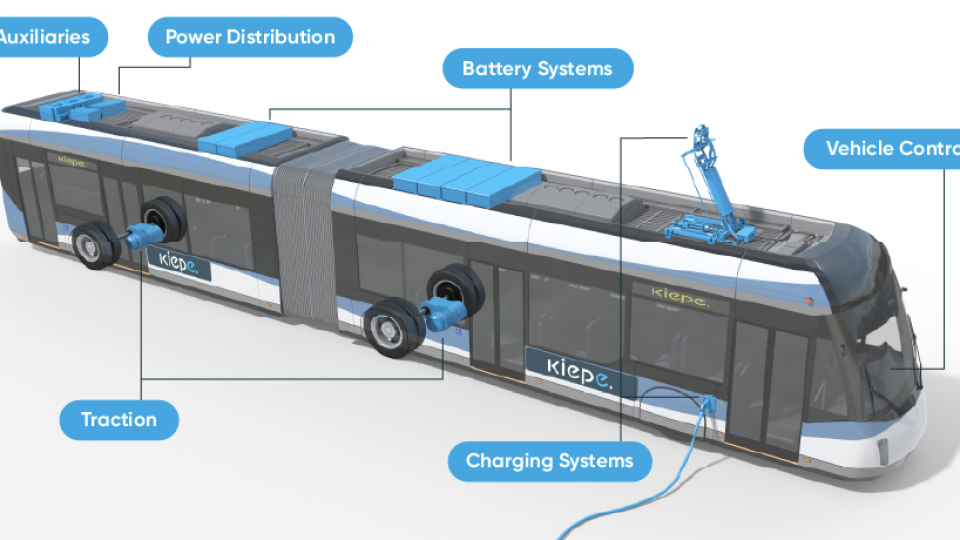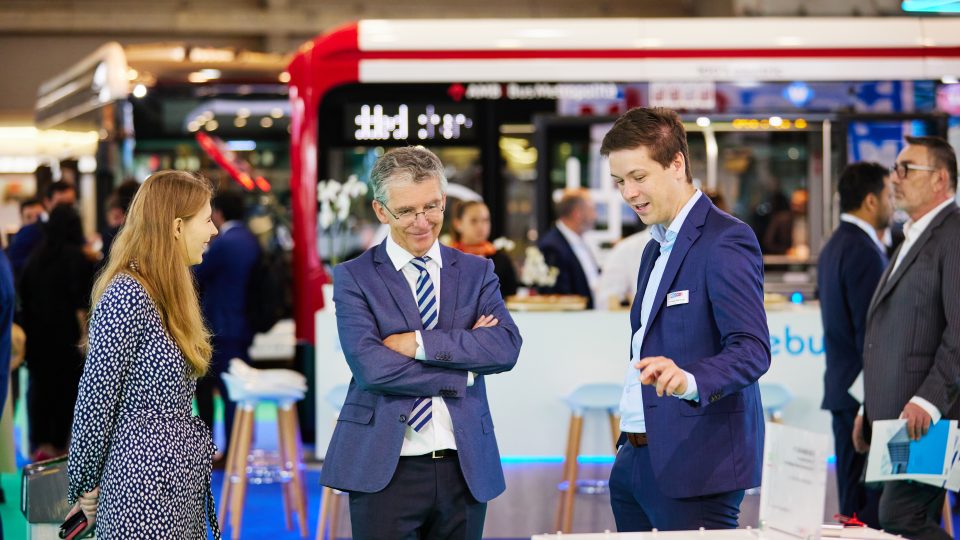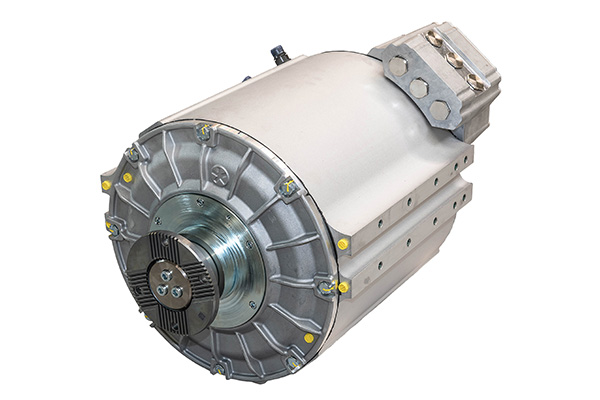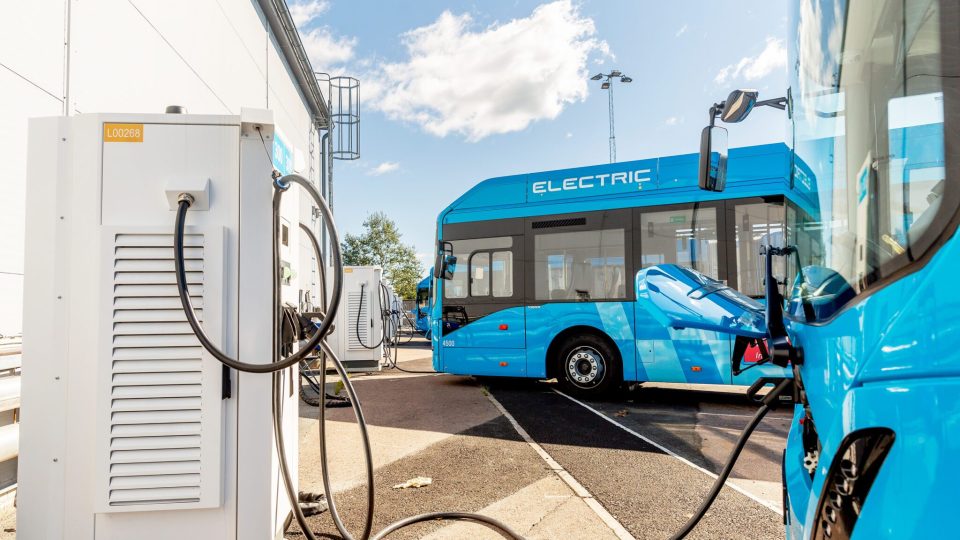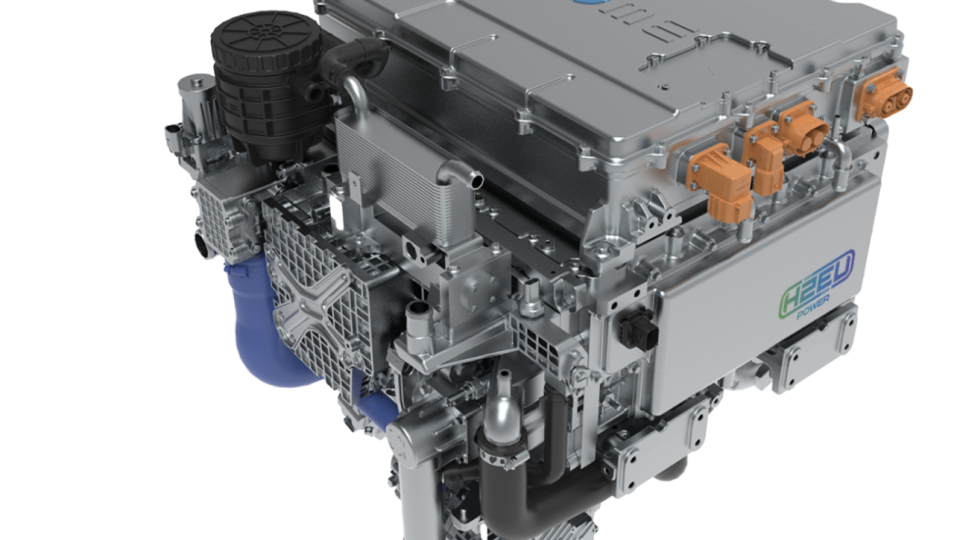Twaice joins European Battery Alliance
Battery analytics software company Twaice is now a member of the EBA250, the industrial development programme of the European Battery Alliance. The goal of the European Battery Alliance is to ensure that all Europeans benefit from safer traffic, cleaner vehicles and more sustainable technological solutions. This will be achieved by creating a competitive and viable battery cell manufacturing value chain in […]

Battery analytics software company Twaice is now a member of the EBA250, the industrial development programme of the European Battery Alliance. The goal of the European Battery Alliance is to ensure that all Europeans benefit from safer traffic, cleaner vehicles and more sustainable technological solutions. This will be achieved by creating a competitive and viable battery cell manufacturing value chain in Europe.
In late 2020 Twaice opened a new lab in Munich that allows EV battery tests at temperatures from -20 to 80°C. In 2020 the company has signed a deal with telematics Dutch enterprise ViriCiti in order to deliver comprehensive battery analytics for electric bus fleets.

Twaice joins the European Battery Alliance
The industrial development programme of the European Battery Alliance is driven by EIT InnoEnergy. This cooperative platform gathers the European Commission, interested EU countries, the European Investment Bank, key industrial stakeholders, and innovation actors. Twaice joins fellow battery drivers from public and private sectors in and outside Europe, who collectively cover the entire battery value chain. This comprises raw and active materials, cell manufacturing and machinery, battery packs and systems, application and integration, and recycling/second life.
The primary objective of the European Battery Alliance is to create a competitive manufacturing value chain in Europe with sustainable battery cells at its core. According to some forecasts, Europe could capture a battery market of up to €250 billion a year from 2025 onwards, Twaice points out in a press note announcing its participation into the network. To do this, it must ramp up its participation in the global race.
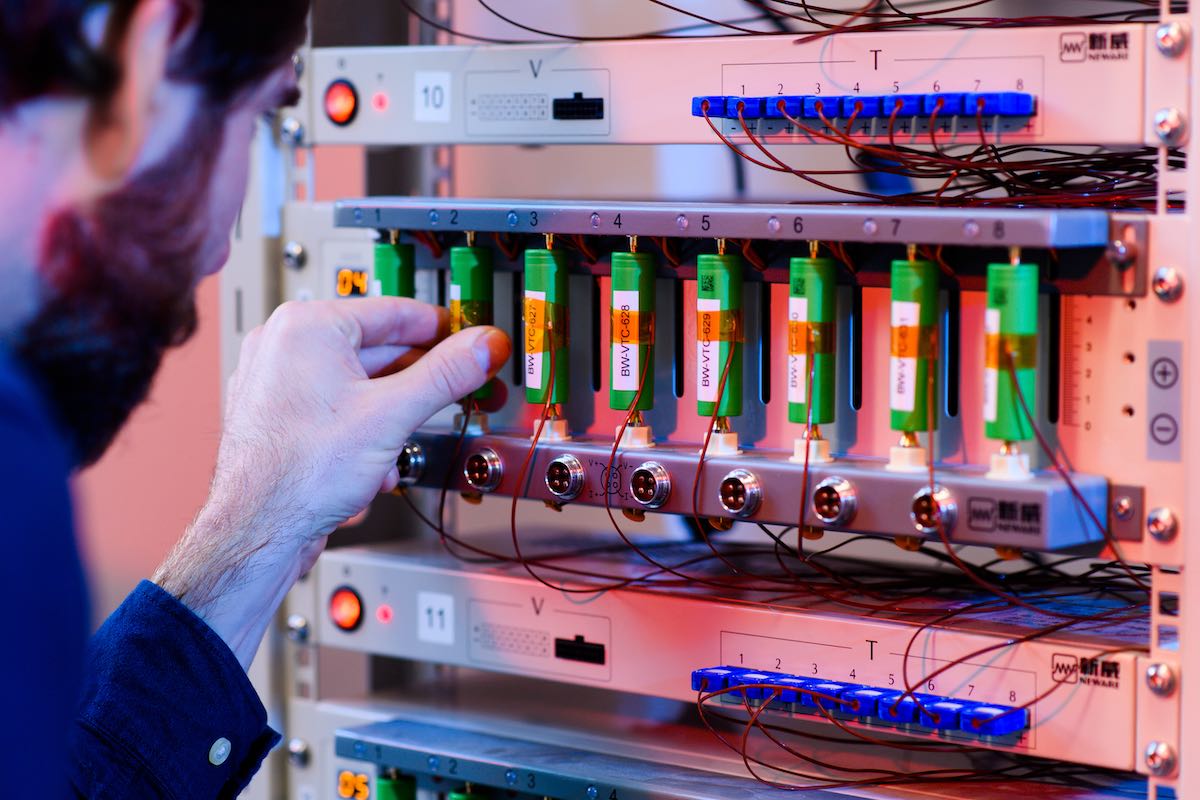
European Battery Alliance: up to 20 giga factories needed
Two aspects are crucial to success, according to Twaice: being technologically self-contained – not relying on competitors outside Europe – and capitalising on the growth and investment potential of batteries. Covering the EU demand alone will require at least 10 to 20 ‘giga factories’ (large-scale battery cell production facilities). The scale and speed of the necessary investment will require combined efforts to meet this industrial challenge. TWAICE is now part of the collaboration.
Stephan Rohr, Co-founder and Managing Director of Twaice: “We are happy to join this pan-European initiative to drive forward the battery industry and value chain in Europe. Enabling players to optimise the development and operation of batteries is the essence of our work at Twaice.”
Maroš Šefčovic, EU Commission Vice President for Interinstitutional Relations and Foresight, who founded the European Battery Alliance in 2017, says: “The alliance has changed the mindset around batteries in Europe. There is now a wider understanding of the essential role of batteries in delivering the EU’s strategic objectives in industrial competitiveness, decarbonisation of the economy and resilience in the industrial sectors”.


